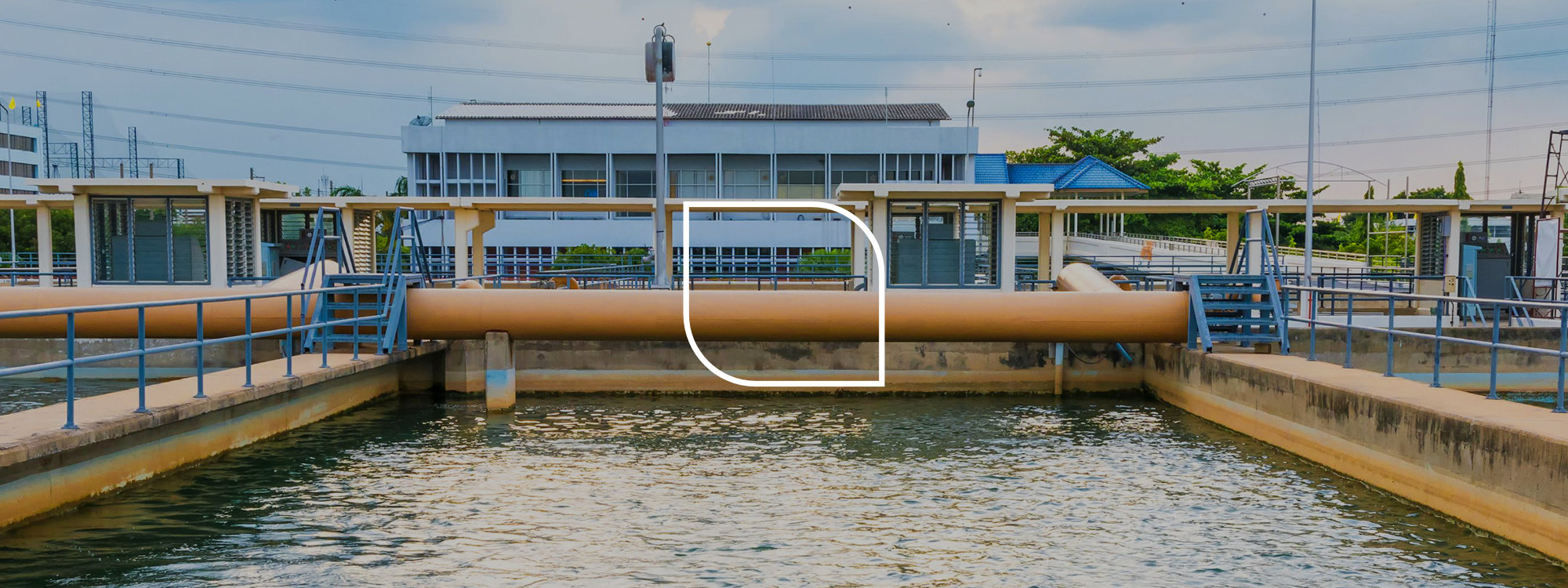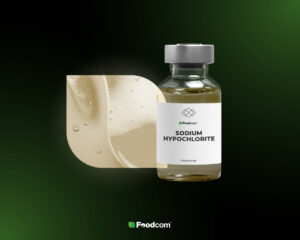- Water treatment methods include chemical treatment, mechanical filtration and reverse osmosis.
- Water purification is important for the health and efficiency of industrial plants.
- Treatment uses substances such as Hydrochloric Acid and Sodium Hydroxide to regulate pH and remove impurities.
- Ferric Chloride and Sodium Hypochlorite are used to flocculate and disinfect water.
Water quality is crucial for industry and everyday life, so water treatment processes are becoming increasingly important. The following article looks at different water treatment techniques and the raw materials used in them. Be sure to read on!
Methods of water treatment
Water treatment is the process of removing unwanted chemicals, biological impurities, suspended solids and gasses from water. The aim of this process is to obtain water that is suitable for certain applications. It is worth noting that the quality standards for drinking water are usually set by governments or international standards. They set minimum and maximum acceptable concentrations of impurities that are tailored to the specific use of the water.
There are many different water treatment techniques, depending on the type of contaminants that need to be removed. The most popular methods of water treatment include:
- Chemical treatment – this involves adding chemicals to the water to destroy or remove contaminants. Examples include chlorination, ozonation, flocculation and coagulation. Chlorination involves adding chlorine to the water to disinfect it, while ozonation uses ozone to remove impurities. Flocculation and coagulation, on the other hand, are processes in which chemicals are added to agglomerate particles and make them easier to remove from the water.
- Mechanical filtration – this is a water treatment method based on the physical separation of impurities by mechanical filters. The disadvantage of this method is that mechanical water filters mainly remove larger substances, but not chemicals dissolved in the water or very fine particles.
- Reverse osmosis – is a technique in which the water is passed through a semi-permeable membrane that retains most of the impurities. In this process, the water is forced through the membrane under a pressure difference, which gives the water a high degree of purification.
Importance of water treatment
Water treatment plays an important role because the quality of this resource has a direct impact on human health. The main purpose of the treatment processes is to ensure that the water is safe and suitable for human consumption as drinking water. However, the importance of water treatment goes far beyond health aspects and also has a significant impact on the functionality and durability of industrial plants that use this resource in medical, pharmaceutical, chemical or industrial applications.
Many industries, such as the food, beverage, pharmaceutical and electronics industries, require clean water for various production processes. Water treatment helps to remove impurities that could affect the quality of the end product.
In addition, in some industries, such as the energy industry, water is used to cool machinery and equipment. Water treatment is necessary to prevent the accumulation of sediment and corrosion, which can lead to breakdowns and reduced productivity.
Raw materials for water treatment
In water treatment, substances are used that regulate the pH value of the water and keep it at a level that is suitable for the treatment process or meets health standards. In addition, coagulants are important, i.e. substances that cause suspended solids in the water to clump together into larger particles, facilitating their removal by sedimentation. Below you will find the raw materials commonly used for water treatment and their exact functions in these processes.
Hydrochloric Acid
One of the most important raw materials used in water treatment is Hydrochloric Acid. It is an aqueous solution of gaseous hydrogen chloride that plays an important role in water treatment, both by regulating the pH value and by its ability to remove unwanted substances. Hydrochloric Acid is considered an effective alternative to Sulfuric Acid, as this process does not produce any inorganic by-products.
Ferric Chloride
Ferric Chloride 40% acts as a flocculant, i.e. it effectively binds small and slowly floating impurities into larger clusters. In addition, it is soluble in a wide pH range, making it ideal for wastewater treatment. It also acts as an odorant. Ferric Chloride purifies water as it binds small particles together into larger clumps that sink to the bottom. It is also used in wastewater treatment to eliminate phosphorus and prevent the formation of dangerous hydrogen sulfide.
Sodium Hydroxide
Sodium Hydroxide is used in water treatment due to its alkaline properties. It acts as a disinfectant, removes impurities and regulates the pH value at the same time. Maintaining the correct pH level is key to preventing corrosion in water infrastructure, such as pipes and pipelines. Low water pH can accelerate corrosion processes, leading to damage and loss of efficiency in water systems.
Sodium Hypochlorite
Sodium Hypochlorite has antiseptic and bactericidal properties, which is very useful in water treatment. When it is added to the water, hypochlorous acid is formed. This then interacts with bacteria and viruses, neutralizing them and preventing them from spreading further. This entire process is called oxidation.
Would you like to learn more about important raw materials and chemical intermediates that play an important role in various industries? Be sure to read our article for a comprehensive overview!
Cooperate with Foodcom!
Our great team of Sales Support will help our Traders conduct the contract and business deals in a smooth and efficient way to ensure the best quality service to all our Business Partners. Our logistics team will take care of transportation and the financial department will be responsible for all matters connected with the financial part of the deal. Do not hesitate! Contact us.









